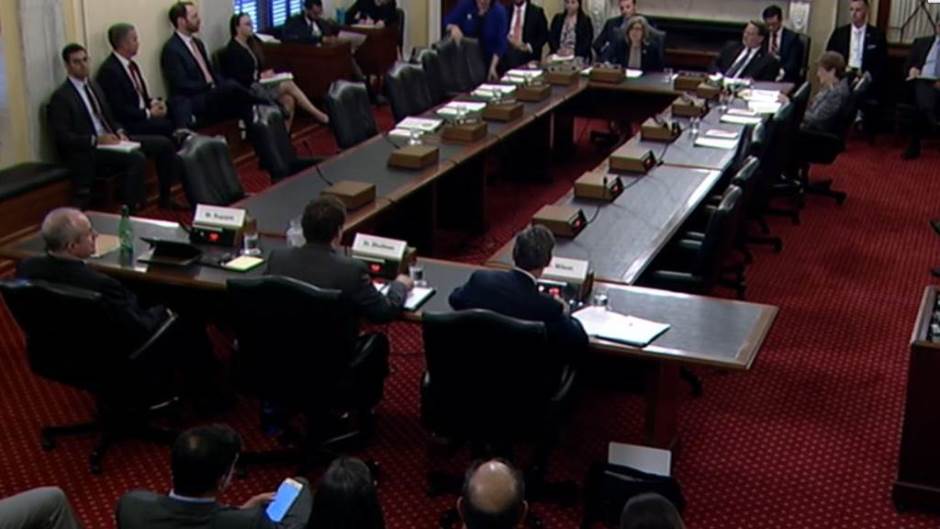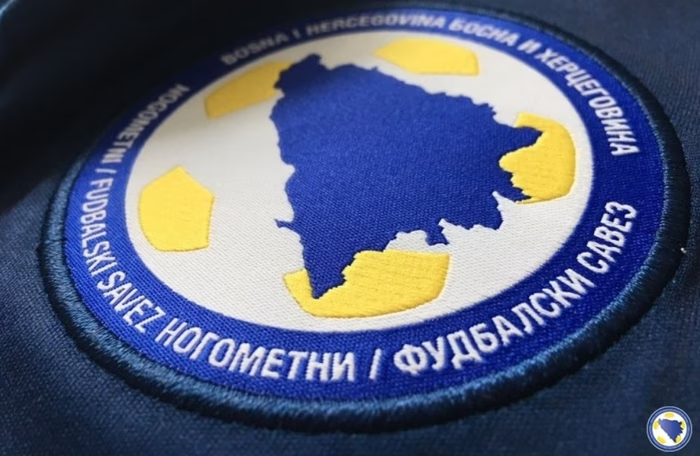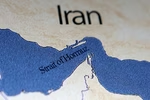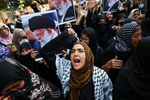
Russia exerts its influence in Balkan countries by “promoting local nationalisms,” abusing weak institutions and corrupt officials while leading a misinformation campaign to work against EU and NATO integration processes, analysts told the US Senate Armed Services Committee on September 17, Voice of America reported.
According to Senior Fellow at the Center for European Policy Analysis, Janusz Bugajski, “Russia pursues five main inroads in the region”:
“1.Promoting local nationalisms to undermine support for NATO, the U.S. and the EU, to mobilize backing for Moscow, and to stir conflicts between rival nationalist projects enabling the Kremlin to offer targeted assistance.
2.Corrupting national politicians and local businessmen to favor Russianeconomic interests, enable greater societal penetration, to support Moscow’sforeign agenda, and oppose Western policies such as sanctions against Russia.
3. Fostering energy dependence by tying Balkan countries into gas projects controlled by Gazprom, and buying into local pipelines, refineries, and other energy facilities. Energy dependence is exploited to gain diplomatic and political leverage. Other economic sectors where Moscow seeks influence include metallurgy, arms supplies, banking, and real estate.
4. Launching propaganda offensives through local media, internet, and social networks to enhance Russia’s position and undermine Western institutions. Various messages are intended to appeal either to anti-globalist, Euro-skeptic, and anti-American sentiments or to ultra-conservative and religious orthodox constituencies in which Russia poses as the defender of traditional values and the EU and U.S . are depicted as immoral and deviant.
5. Forging numerous inter-societal connections that increase Moscow’s political influences. These include Orthodox Churches, political parties, cultural organizations, historical societies, sports clubs, and lifestyle groups, including bikers clubs, gun lobbies, and paramilitary survivalist groups.”
Bugajanski said that authorities in Bosnia’s Serb-dominated semi-autonomous entity of Republika Srpska (RS) are raising the idea of the entity seceding from the country and portraying Bosnia as a dysfunctional and failed state. He argued that the administrative centre of the RS, Banja Luka, is the strongest point of Russian influence in the region.
The US should increase its influence in Bosnia, he stressed.
According to executive vice president of the Atlantic Council think tank, Damon Wilson, Russia focuses less on maintaining its influence in the region and more on decreasing US influence by working against integration processes of individual countries in NATO and the EU.
Wilson said that Russia’s influence is focused mostly on two topics - the political blockades in Bosnia and Herzegovina and the negotiations between Belgrade and Pristina.
A lack of political agreements in the region helps Russia exert its influence in the region foremost through Serbia, he said. Russia fuels nationalist discussions which are detrimental to the development of democracy in the country, but also enable Kosovo leaders to avoid talking about difficult issues regarding governance, Wilson said.
He added that a stronger aspiration by Serbia toward Europe is also good for Bosnia and Herzegovina.
As for China, the country has primarily economic goals, according to David Shullman, a Senior Fellow at the International Republican Institute.
Beijing’s economic influence has dramatically increased through its Belt and Road initiative, Shullman said.
Considering that focus on the economy, China benefits from regional stability, as opposed to Russia, he argued. However, the result of this economic campaign also represents a way of drawing potential political means for exerting influence and strengthening non-liberal leaders, which is detrimental to democratic development and pulls regional countries away from the US and the EU, he added.
The experts agreed that an unstable Balkan region is detrimental to US national security and that the US would suffer a great loss if it pulled out of the region. New wars in Bosnia or between Kosovo and Serbia would benefit Russia and China and would help the two world powers work against other European countries.
Kakvo je tvoje mišljenje o ovome?
Učestvuj u diskusiji ili pročitaj komentare





 Srbija
Srbija
 Hrvatska
Hrvatska
 Slovenija
Slovenija



























































